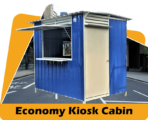Are you thinking about building your dream home or kicking off that ambitious construction project? If so, you might’ve already stumbled upon the world of construction loans. Let’s be honest—navigating through this maze can feel a bit like trying to find your way out of a complex jungle. With terms that sound like a foreign language and processes that seem to change faster than the weather, it’s no wonder many of us feel overwhelmed. But don’t fret! In this article, we’ll break down the essentials of construction loans, giving you the insider tips and tricks you need to maneuver through the twists and turns like a seasoned pro. Whether you’re a first-time builder or looking to expand your investment portfolio, we’ve got you covered. So, grab a cup of kopi and let’s dive into the nitty-gritty of construction financing!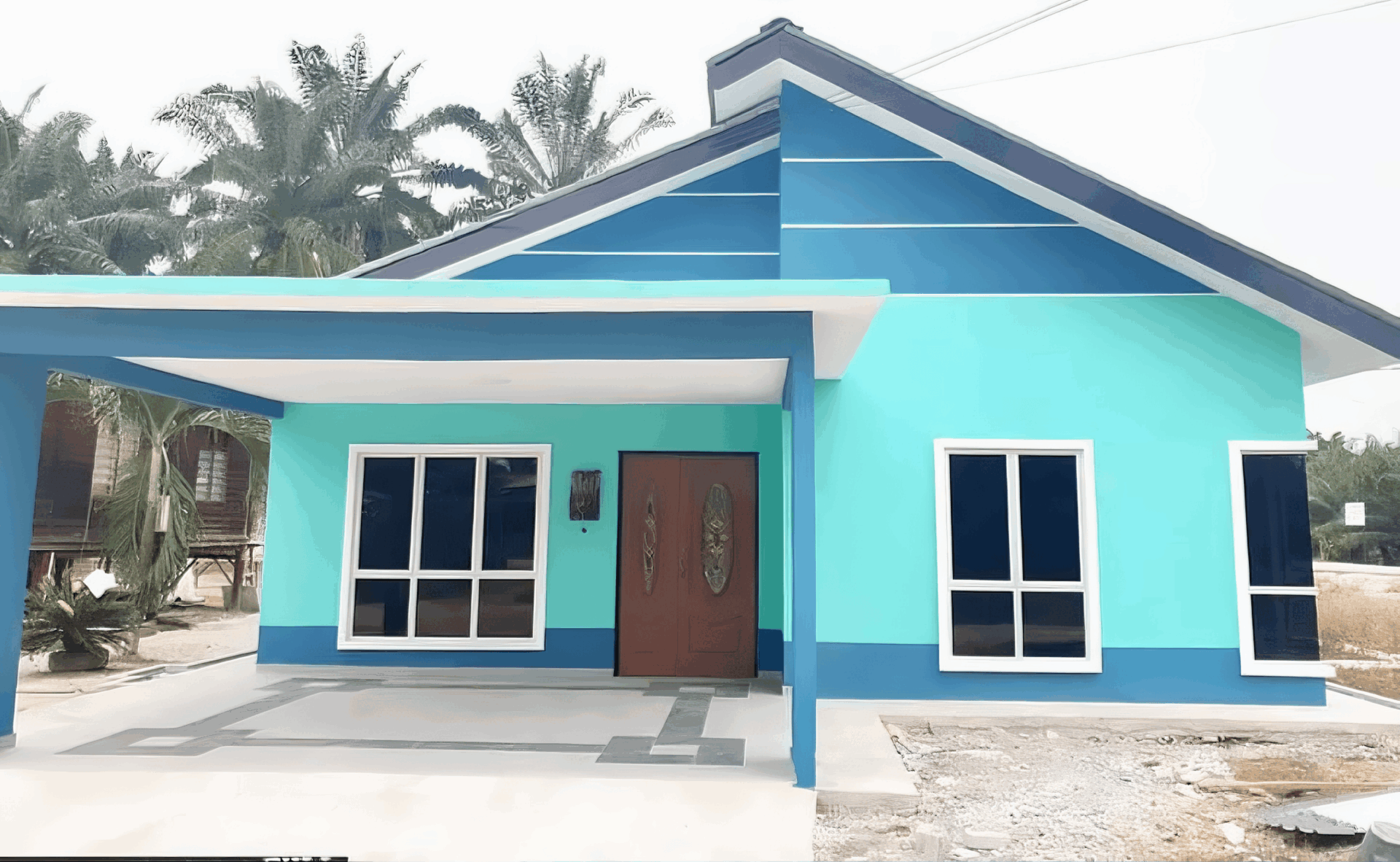
Understanding the Basics of Construction Loans
When embarking on a construction journey, grasping the fundamentals of construction loans can make all the difference in your experience. Unlike traditional home loans, these loans are designed specifically for the unique needs of building or renovating properties. Essentially, construction loans are short-term financing options that cover the cost of construction, offering a safety net for your project’s financial aspects.
Here’s a quick look at the key features:
- Draw Schedule: Money is disbursed in stages according to the progression of construction, ensuring you only pay interest on the amount you utilize at any point.
- Interest Rates: Generally, construction loans have variable interest rates that can fluctuate based on broader market conditions.
- Conversion Options: Once construction is complete, many loans can convert into a permanent mortgage, simplifying the transition to long-term repayment.
Before jumping in, it’s crucial to understand some terms and requirements:
| Term | Description |
|---|---|
| Loan-to-Value Ratio (LTV) | The percentage of the property’s value that can be financed. |
| Builder Approval | Your builder needs to be approved by the lender to ensure they meet required standards. |
| Closing Costs | Additional fees associated with the loan that will need to be covered upfront. |

Assessing Your Financial Readiness for a Construction Project
Before diving into a construction project, it’s crucial to take a good hard look at your finances. Conquering the construction loan maze starts with understanding exactly how much you can afford. Begin by evaluating your current financial situation, including your income, savings, and existing debts. This will help you determine your borrowable amount and keep your stress levels down while avoiding any financial surprises down the road. Remember, keeping a buffer is wise because construction often brings unexpected expenses!
Next up, create a list of your projected costs. This isn’t just about the construction loan; think broadly! Include materials, labor, permits, and even those cute little unexpected purchases that pop up along the way. Having a clear financial picture enables you to establish a detailed budget that reflects reality. Here’s a quick look at some essential costs to keep in mind:
| Cost Category | Estimated Percentage |
|---|---|
| Materials | 30% – 40% |
| Labor | 20% – 30% |
| Permits & Fees | 5% – 10% |
| Contingency Fund | 10% – 15% |
Lastly, don’t forget to explore various financing options available to you. Banks, credit unions, and specialized lenders all have different terms and conditions. Research will pay off significantly! Ensure you understand the interest rates, repayment schedules, and any additional fees associated with your loans. By comparing different offers and terms side by side, you’ll be empowered to make a confident choice that aligns perfectly with your financial goals.
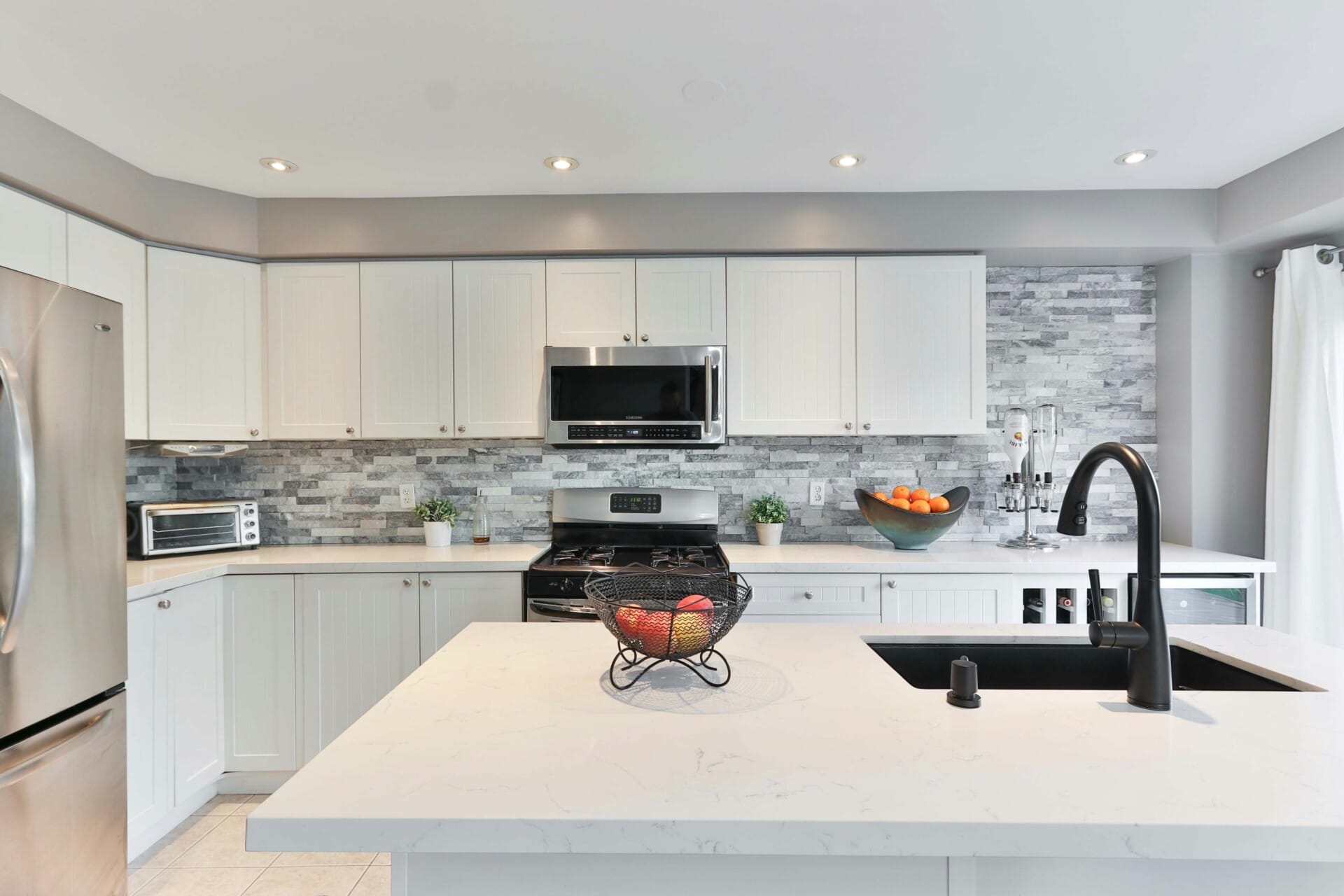
Choosing the Right Lender for Your Construction Needs
When it comes to your construction project, picking the right lender can make all the difference. It’s not just about finding the best interest rates; you want a lender who understands the local landscape and can provide tailored advice suited to your specific needs. Look for lenders who have experience with construction loans and a good track record in the Malaysian market. This knowledge can help you avoid pitfalls that may arise during the building process.
To narrow down your options effectively, consider these aspects:
- Loan Terms: Understand what each lender offers in terms of repayment plans and flexibility. Some may provide options for interest-only payments during construction.
- Approval Process: Ask about the speed and ease of their approval process; you don’t want unnecessary delays that could disrupt your timeline.
- Support Services: Seek lenders who offer comprehensive support, from project budgeting to progress monitoring, to ensure a smoother experience.
Equally important is comparing fees associated with the loans. Not all lenders are transparent about their costs, so make sure you read the fine print. Here’s a simplified overview of potential fees to keep an eye on:
| Fee Type | Description |
|---|---|
| Application Fee | A fee charged when you first apply for the loan. |
| Origination Fee | Fees paid upfront for processing the loan. |
| Inspection Fees | Costs incurred for property appraisals and inspections during construction. |

Deciphering Loan Terms and Conditions with Confidence
Diving into the world of construction loans? It’s essential to grasp the lingo upfront so you can make informed decisions. Often, lenders stack their terms and conditions with jargon that can seem overwhelming at first glance. Don’t let it intimidate you! Start by breaking down the critical components:
- Loan Amount: This is the total money borrowed to fund your construction project. Make sure you know how much you can actually afford.
- Interest Rate: Understand if it’s fixed or variable. A fixed rate means stability; a variable rate might change, impacting your budget.
- Loan Term: This is how long you have to repay the loan. Common terms are typically between five to thirty years.
Be mindful of additional fees that could sneak into the equation. Here are some common ones to watch out for:
- Origin fee: A charge for processing your loan application.
- Closing costs: Fees paid when finalizing the loan, which can vary significantly.
- Early repayment fee: Some lenders may charge you for paying off your loan sooner than agreed.
Lastly, create a cheat sheet for your personal understanding. It might look something like this:
| Term | Definition |
|---|---|
| Loan-to-Value (LTV) | Ratio of the loan amount to the appraised value of the property. |
| Draw Schedule | Timeline for when funds will be released during the construction phase. |
| Builder’s Warranty | Insurance that protects you against defects in workmanship for a specified period. |
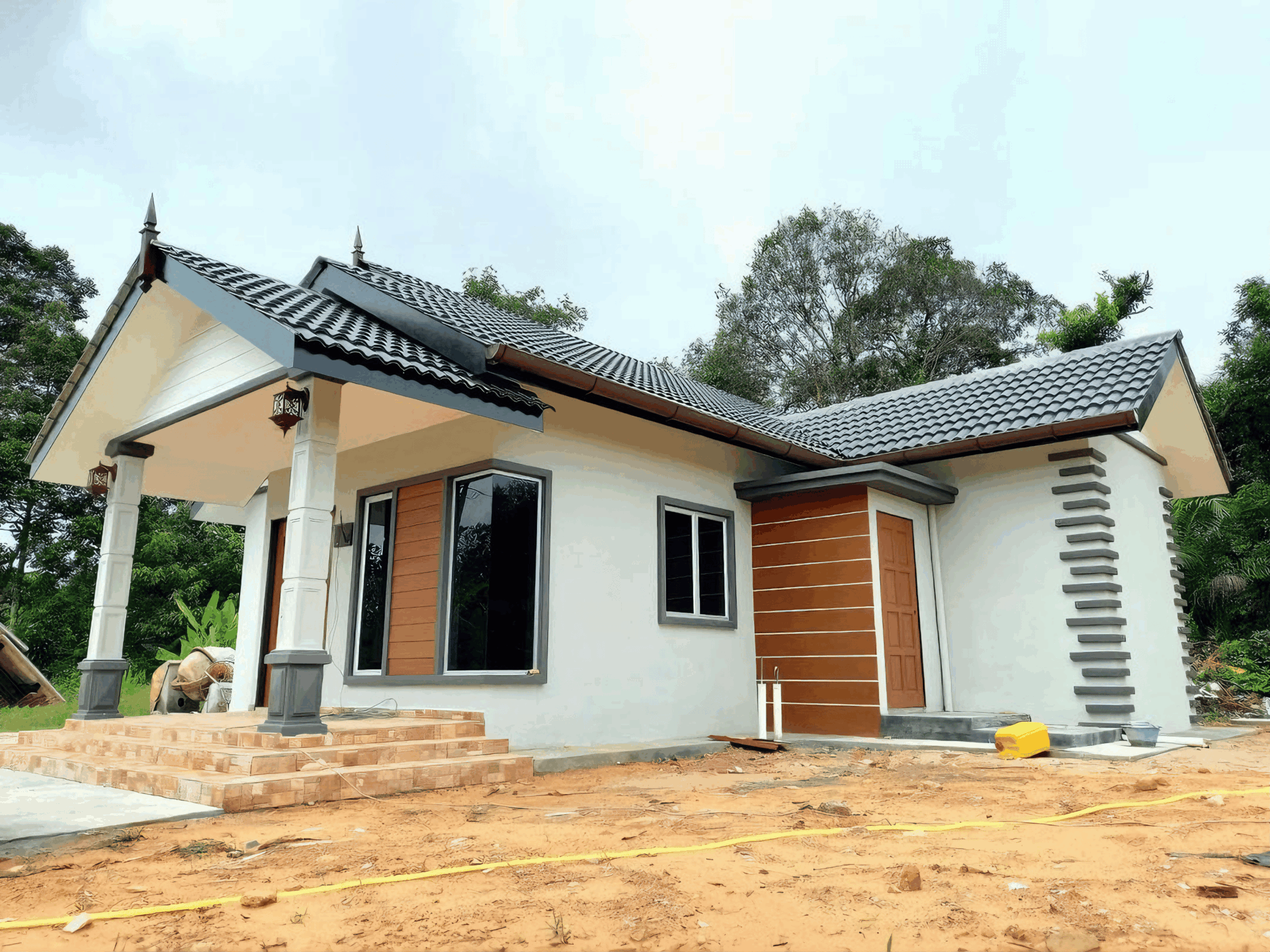
Creating a Comprehensive Project Budget
Crafting a project budget isn’t just about adding up numbers; it’s like laying down the foundation of your construction dream. Start by identifying all possible costs associated with your project. This should include both direct and indirect expenses. Think about materials, labor, permits, and even those unexpected fees that can creep up on you. It’s a good idea to gather quotes from various suppliers and contractors to get a clearer picture of your expected expenditure.
Once you’ve tallied up your costs, it’s crucial to categorize them. You can use something like a simple breakdown to keep things organized. Here’s a quick example of typical categories you might consider:
| Budget Category | Estimated Cost (RM) |
|---|---|
| Materials | 15,000 |
| Labor | 20,000 |
| Permits & Fees | 3,000 |
| Contingency Fund (10%) | 3,800 |
Don’t forget to add a contingency fund to your budget. This is like your safety net—a buffer for any unforeseen expenses or price spikes that might pop up. It’s generally recommended to set aside about 10% of your total budget for this purpose. This way, you can navigate the complexities of financing with a little more peace of mind, ensuring your project remains on track from start to finish.

Preparing Required Documentation for a Smooth Application
When diving into the world of construction loans, having your documents ready can save you from unnecessary headaches down the line. Start by gathering your financial statements, as these provide the bank a clear picture of your financial health. Most lenders will require a complete set of documents, so consider preparing:
- Tax returns for the last two years
- Payslips for at least the last three months
- Bank statements showing assets
In addition to financials, you’ll need to showcase your construction plans and specifications to impress the lender. A well-detailed proposal can make your application stand out. Make sure to include:
- Architectural plans and elevation sketches
- Project specifications and materials list
- Budget breakdown and projected timelines
Lastly, don’t neglect the importance of personal identification and legal documents. Lenders want to know who they’re dealing with, so ensure you have these ready:
- Copy of your identity card
- Property deed if applicable
- Any existing loan statements for other properties
With these documents in hand, you will be well on your way to a smooth loan application process that paves the path toward your dream construction project.
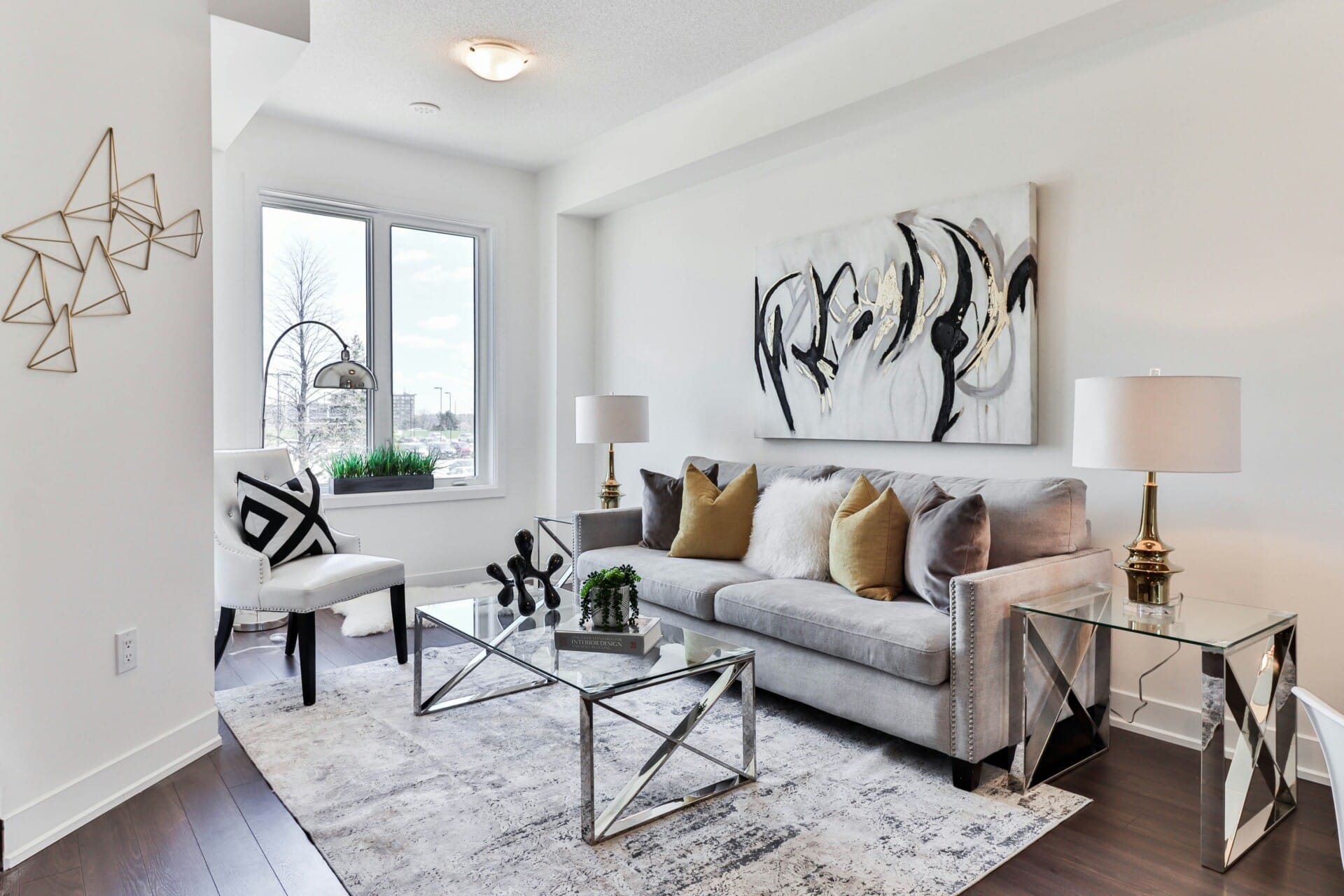
Navigating Inspections and Disbursement Processes
When taking on a construction loan, getting the right inspections at the right time is crucial for ensuring everything flows smoothly. Inspections serve as checkpoints that verify the progress of your project aligns with your initial plans and budget. Make sure to:
- Know your timelines: Different types of inspections are required at various phases. Understanding when these need to happen helps you stay ahead.
- Hire qualified inspectors: Having reliable professionals can save you time and money in the long run.
- Document everything: Keep a record of all inspection reports and correspondence for easier access during disbursements.
After each inspection, your lender usually requires you to submit the findings for disbursement. It can feel like jumping through hoops, but it’s part of the process to ensure your funding is released effectively. Keep in mind that:
- Review your lender’s requirements: Each lender may have different stipulations for how they handle disbursements based on inspections.
- Provide clear and accurate documentation: Being precise can speed up the disbursement process significantly.
- Be proactive in communication: Don’t hesitate to contact your lender for updates or clarifications if you hit a snag.
Lastly, you might find that organizing your disbursement process can make a world of difference. Using a simple table can help you track your expenses versus your loan disbursements, making it easier to visualize cash flow. Here’s a quick example of what that might look like:
| Expense Type | Amount | Disbursement Received |
|---|---|---|
| Foundation | RM50,000 | RM50,000 |
| Framing | RM30,000 | RM30,000 |
| Roofing | RM20,000 | Pending |

Strategies for Managing Time and Costs Effectively
Effectively managing time and costs in construction projects can seem like an uphill battle, but it can be simplified with a few strategic moves. Planning is key—creating a detailed project timeline can help pinpoint critical milestones and set realistic deadlines. This roadmap not only keeps everyone on track but also helps identify potential bottlenecks early on. Make sure to involve all stakeholders in this process; their input can uncover insights you might have overlooked.
Another essential strategy is to maintain open lines of communication with your lenders and contractors. Regular check-ins can prevent misunderstandings and ensure that any changes or challenges are addressed promptly. Utilize tools such as project management apps or software that allows everyone to stay updated on progress, expenditures, and timelines. This transparency fosters trust and can even lead to better pricing and service—after all, a collaborative approach often yields positive results.
| Tip | Description |
|---|---|
| Set a Budget | Allocate funds wisely and stick to your budget to avoid overspending. |
| Prioritize Tasks | Focus on high-impact tasks that drive the project forward. |
| Track Expenses | Regularly monitor your outlays to stay on budget and make adjustments as needed. |
Lastly, don’t forget to account for contingencies in both time and budget. Construction projects often face unforeseen issues, so it’s wise to set aside extra funds and time to handle these surprises. Creating a contingency plan can help you adapt swiftly to changes without compromising the overall timeline or budget. Remember, flexibility paired with strategic planning can make a significant difference in steering your construction project to success!
The Conclusion
As we wrap up this journey through the ins and outs of construction loans, we hope you feel a bit more empowered and ready to tackle the maze with newfound confidence. Remember, navigating through the world of financing can seem overwhelming at first, but with the right tips and a little preparation, you can turn those hurdles into stepping stones.
Whether you’re building your dream home or revamping a property, each step you take is a brick in your very own path to success. Keep your goals clear, do your homework, and don’t hesitate to seek advice whenever needed. After all, each challenge is simply a chance to learn and grow in your project.
So, take a deep breath, trust in your plans, and step boldly into the exciting world of construction. You’ve got this! If you’ve got any questions or need a bit more guidance along the way, feel free to reach out. Happy building!








